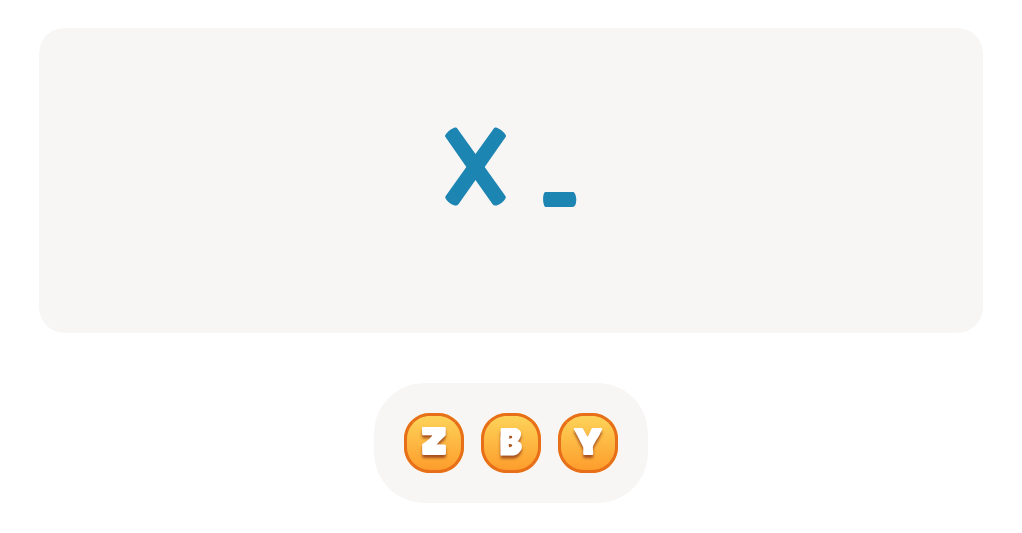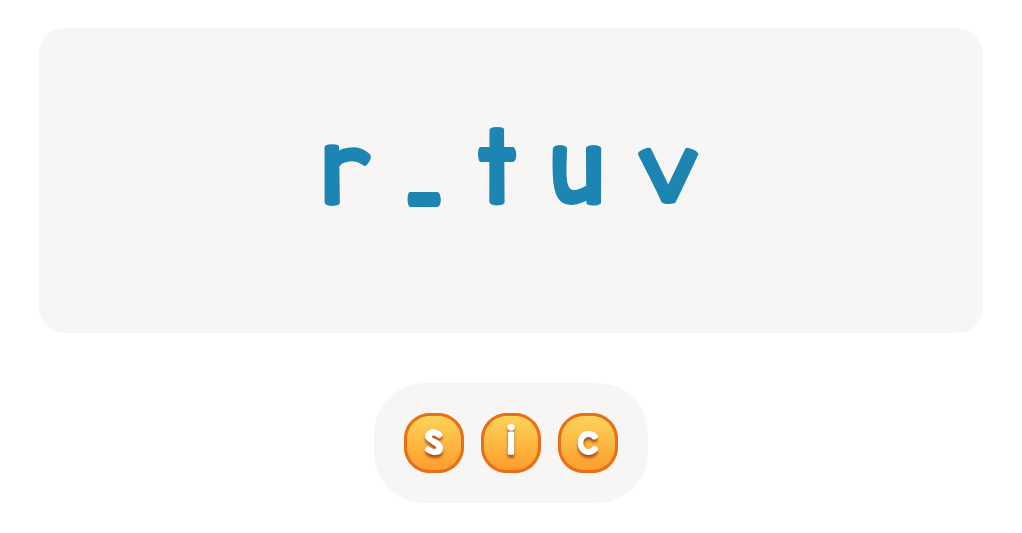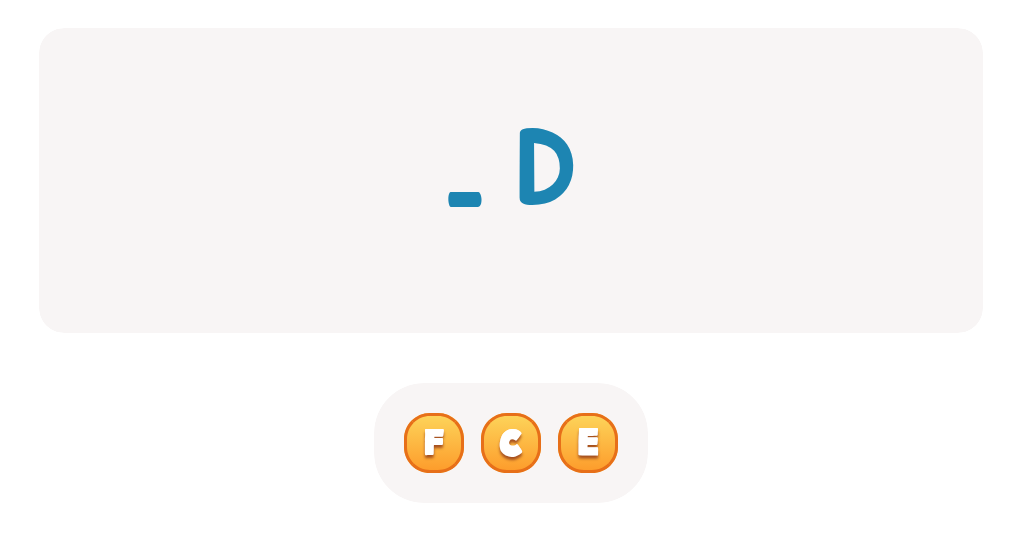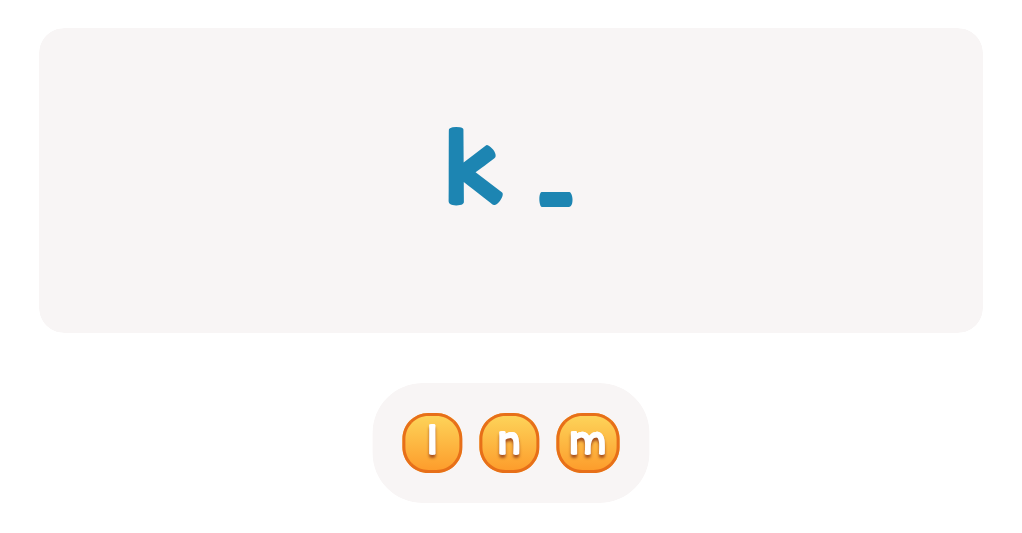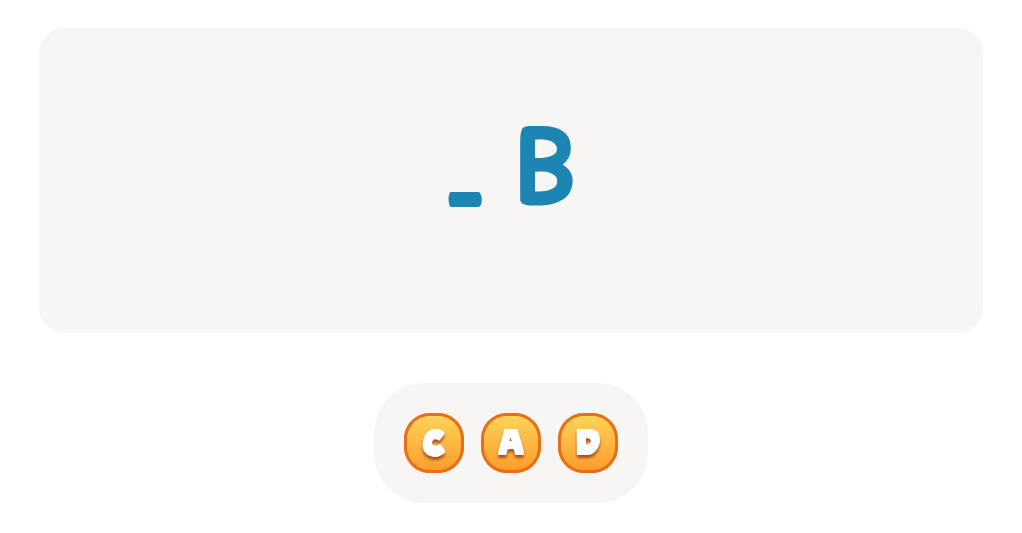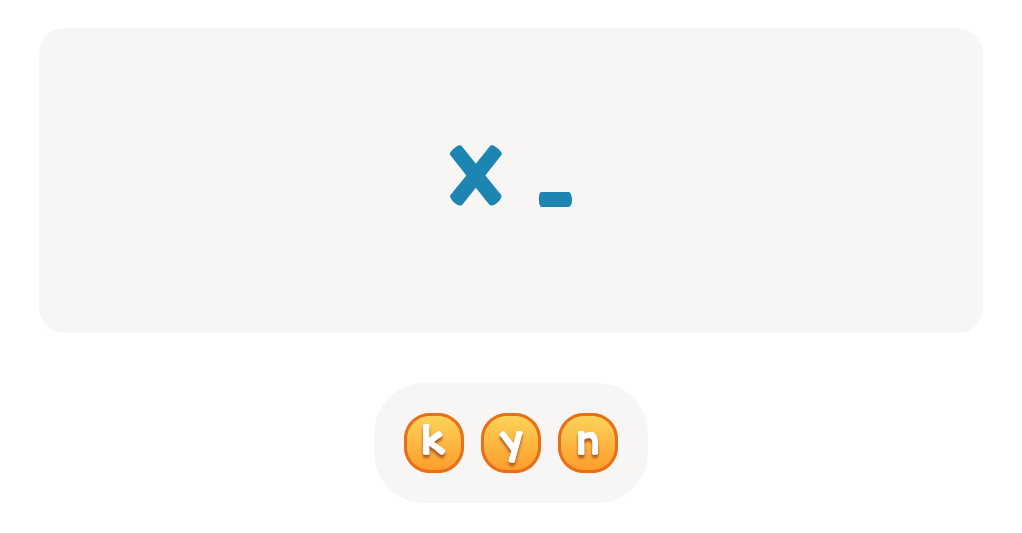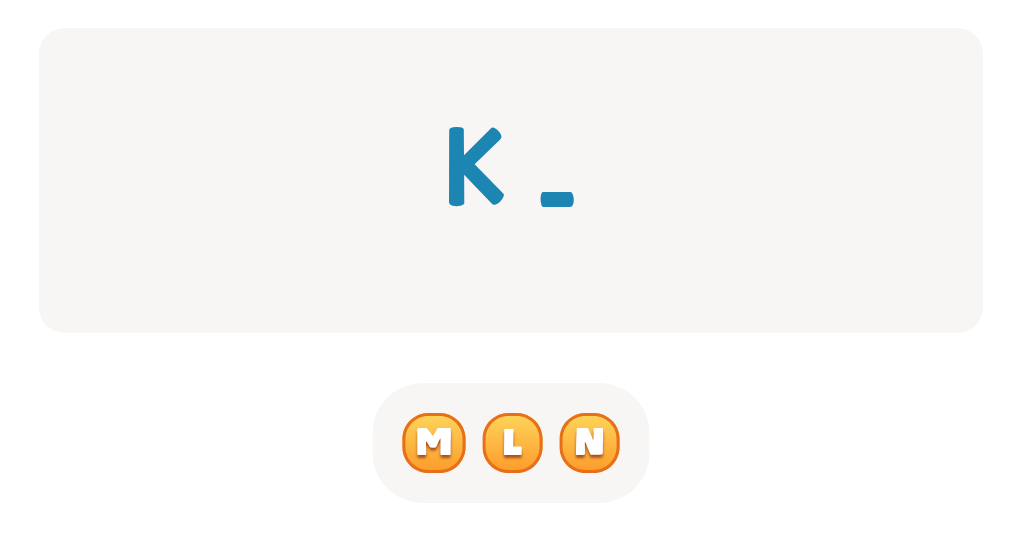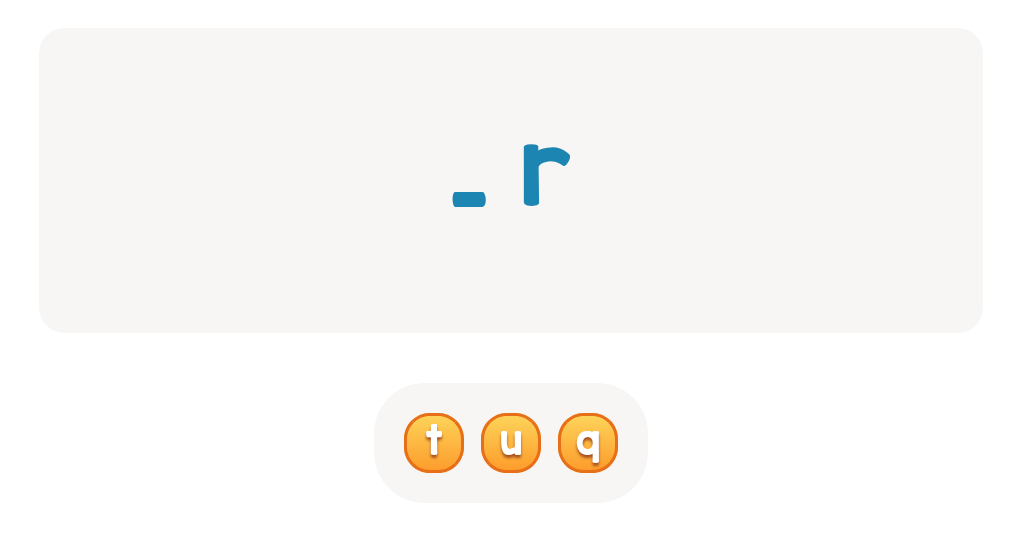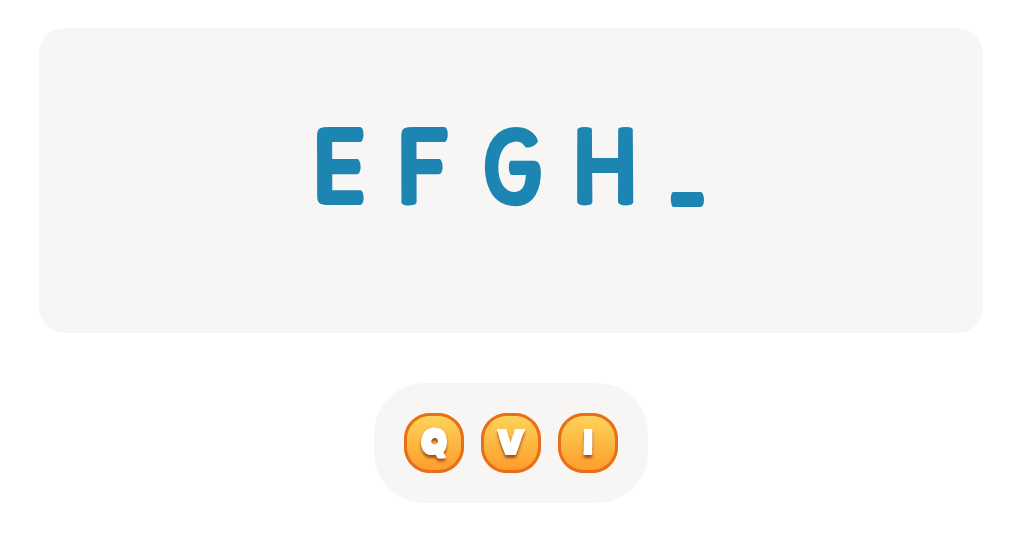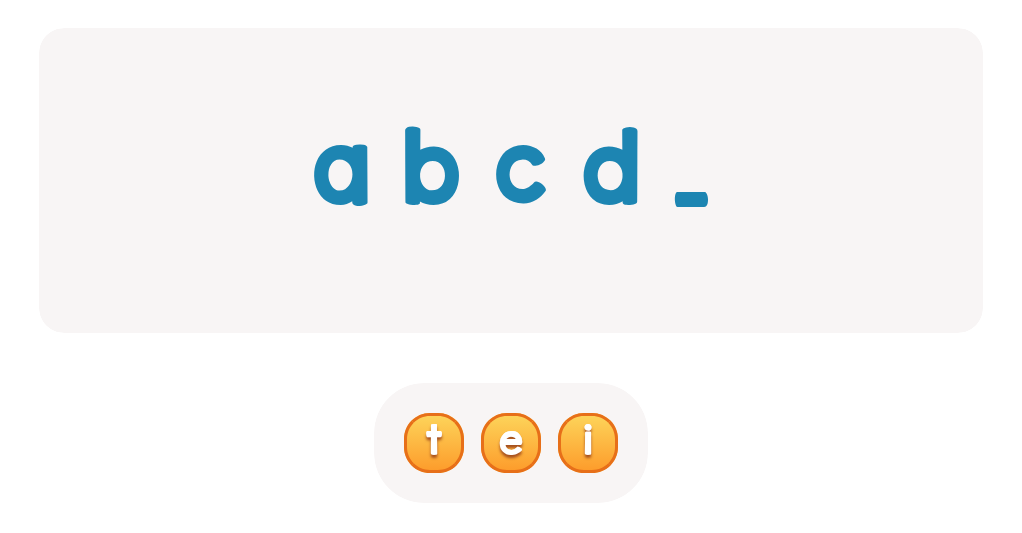Alphabet Recognition Upper & Lowercase Letters Worksheets for Ages 4-6
19 filtered results
-
From - To
Introduce your little ones to the fascinating world of letters with our Alphabet Recognition Upper & Lowercase Letters Worksheets, specially designed for ages 4-6! These engaging activities help children discover the distinction between uppercase and lowercase letters through interactive exercises that promote hands-on learning. Each worksheet features colorful illustrations and fun tasks to keep kids motivated while they practice letter recognition. Our resources also encourage fine motor skills development as children trace, match, and identify letters in different contexts. Perfect for home or classroom use, these worksheets lay a solid foundation for early literacy and pave the way for future reading success!
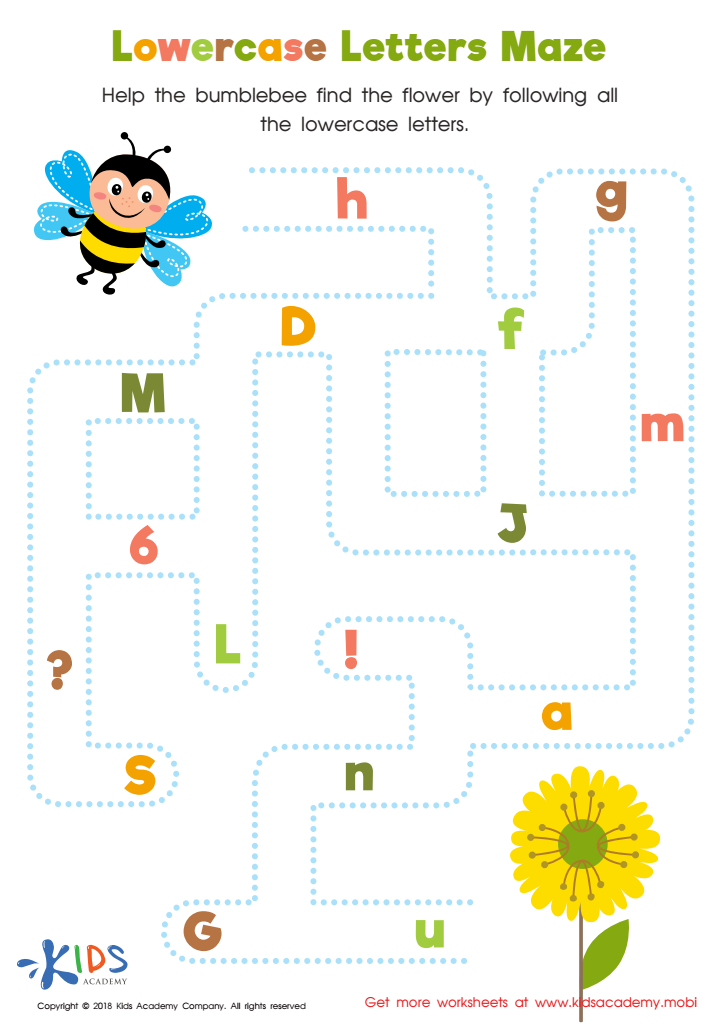

Lowercase Letters Maze Worksheet
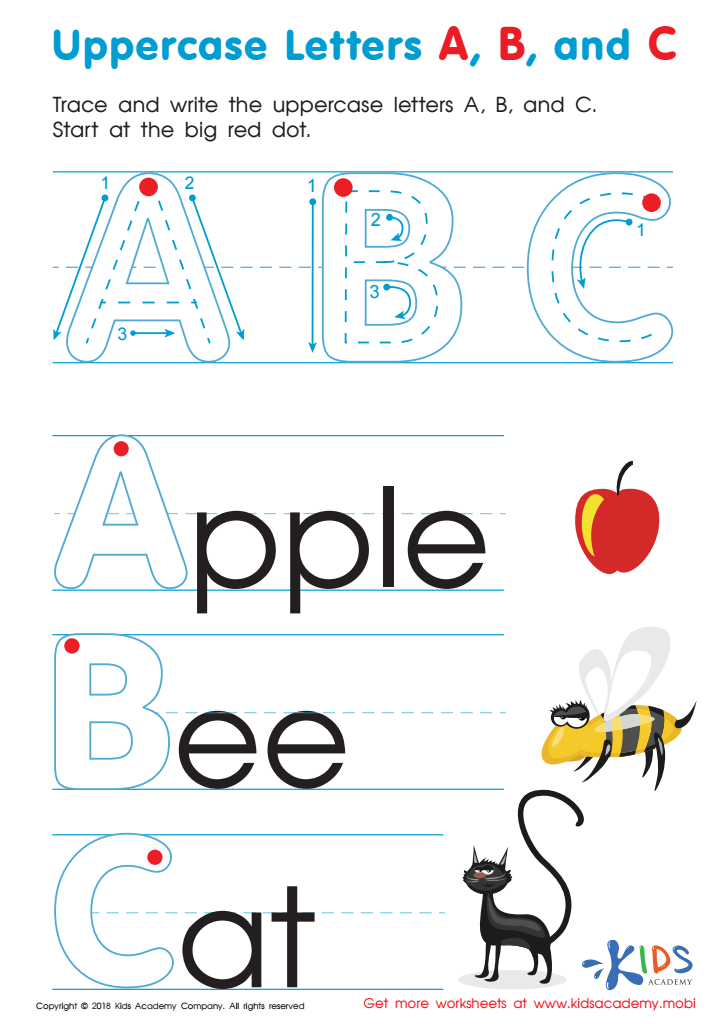

Uppercase Letters A, B, and C Worksheet
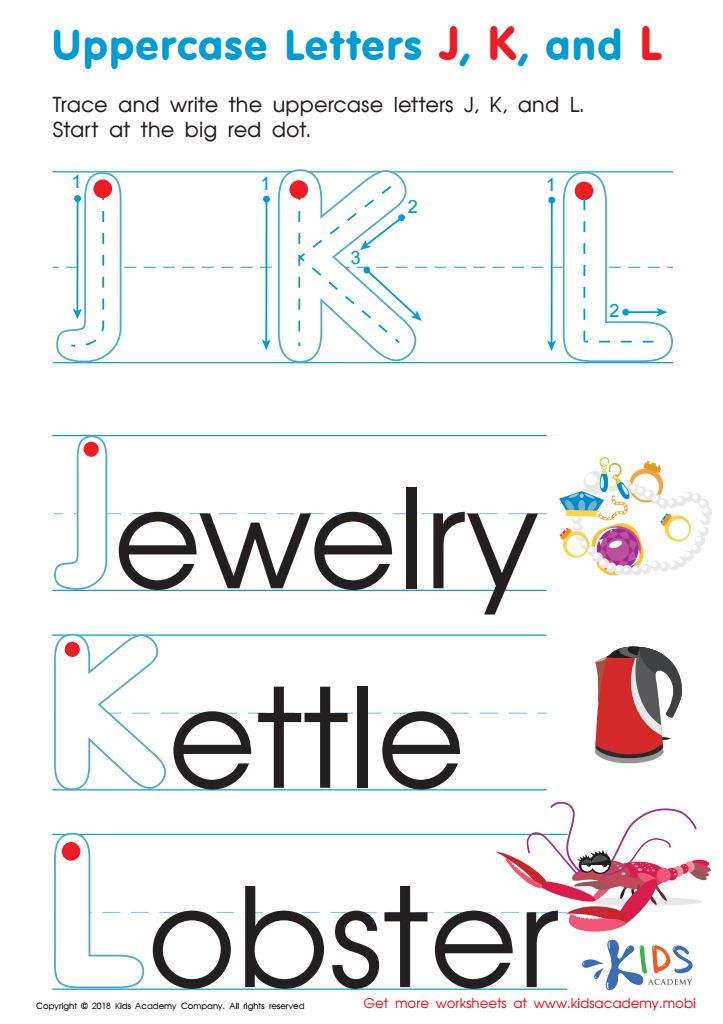

Uppercase Letters J, K, and L Worksheet
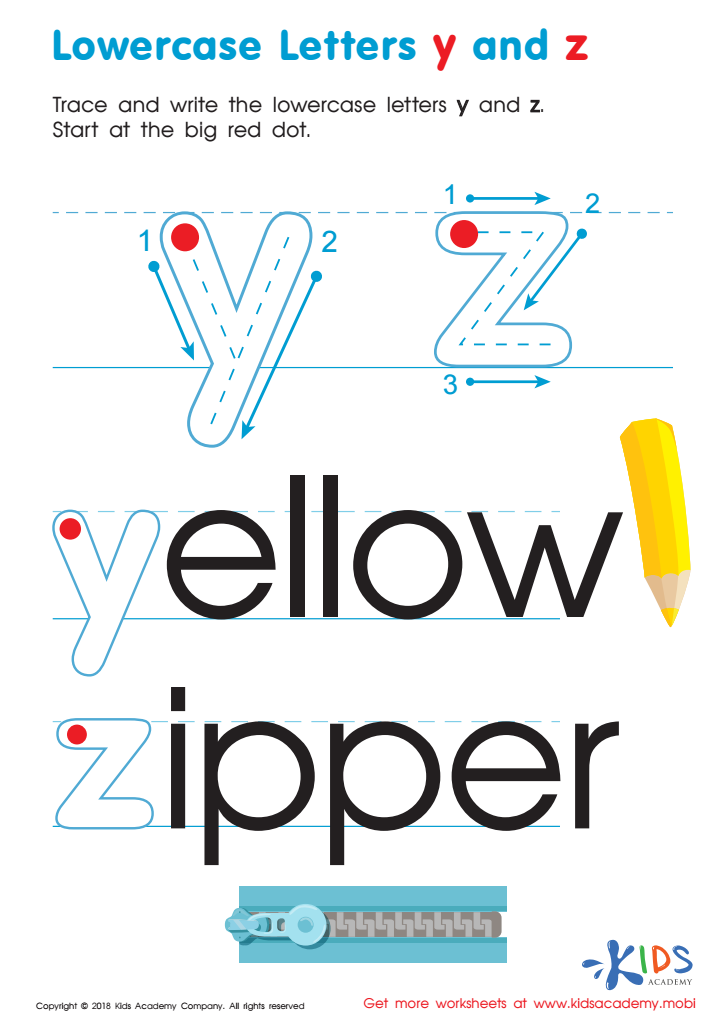

Lowercase Letters y z Worksheet
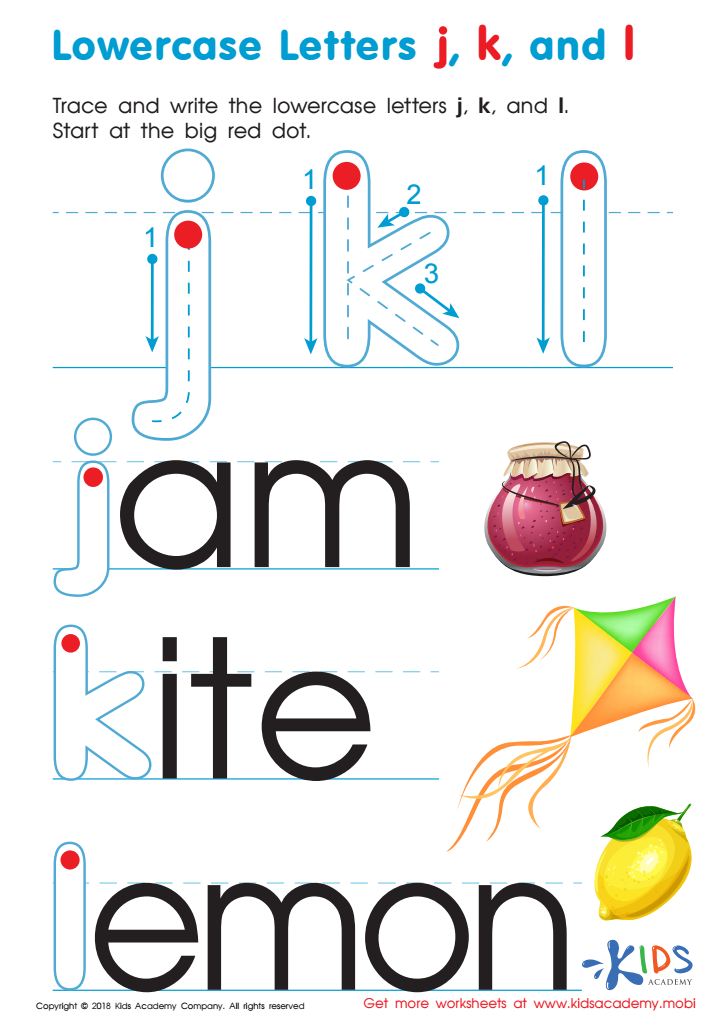

Lowercase Letters j k l Worksheet
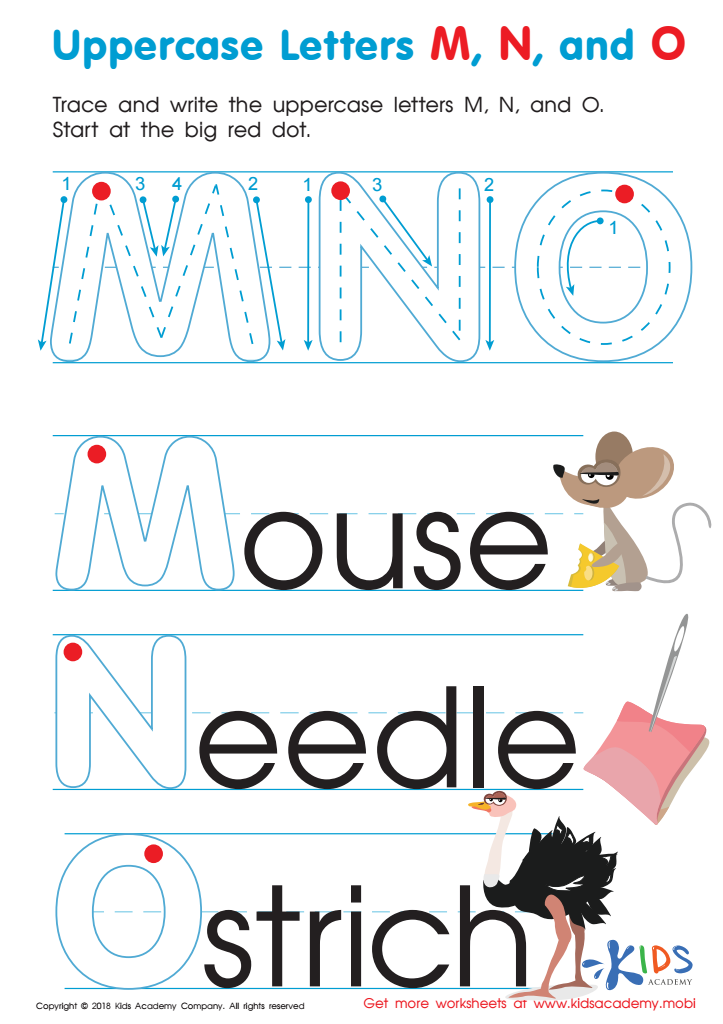

Uppercase Letters M, N, and O Worksheet
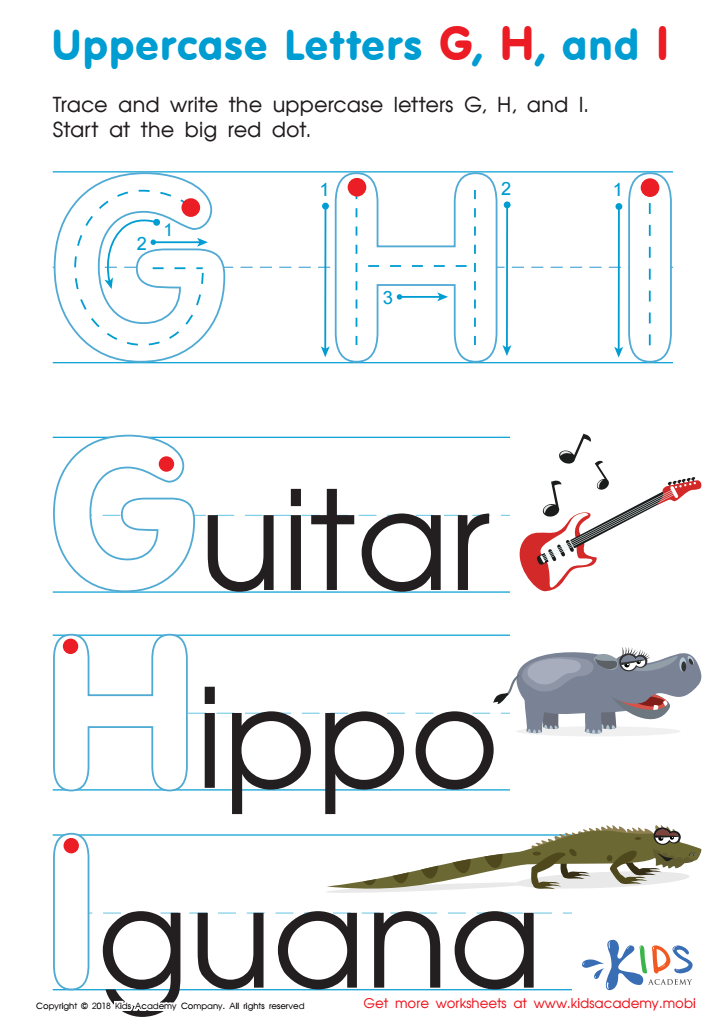

Uppercase Letters G, H, and I Worksheet
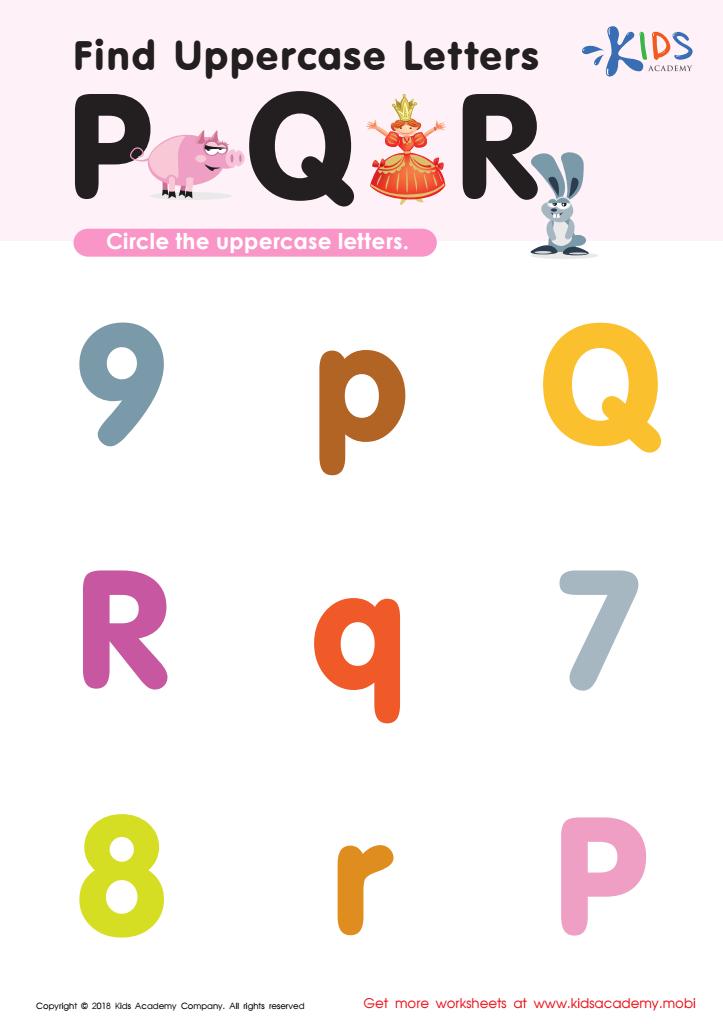

Find Uppercase Letters P, Q, and R Worksheet
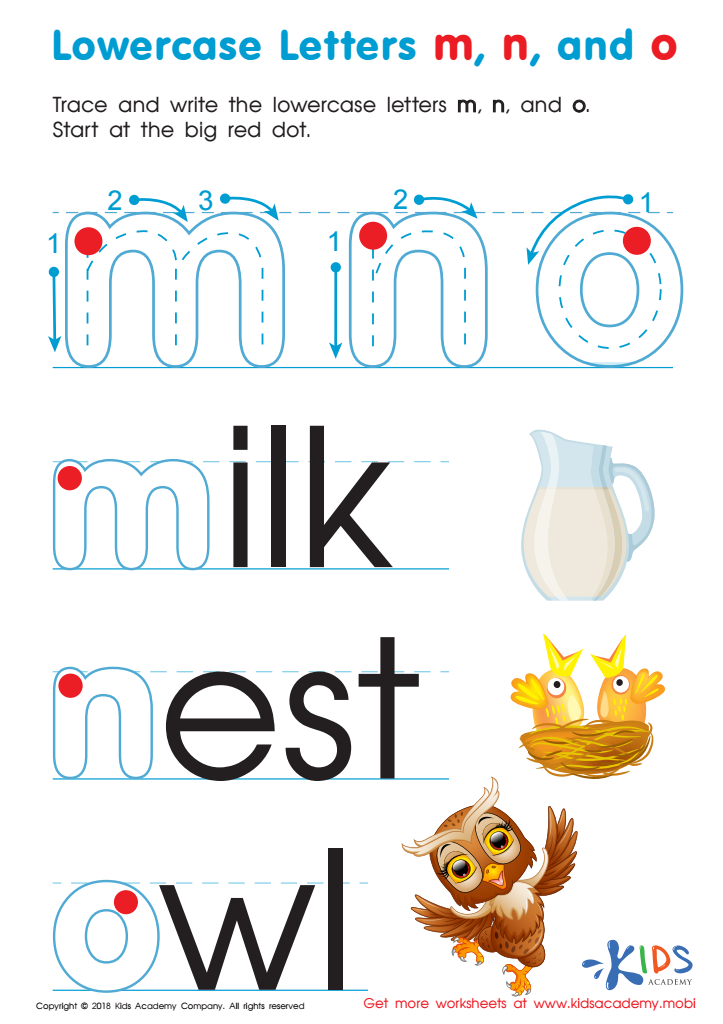

Lowercase Letters m n o Worksheet
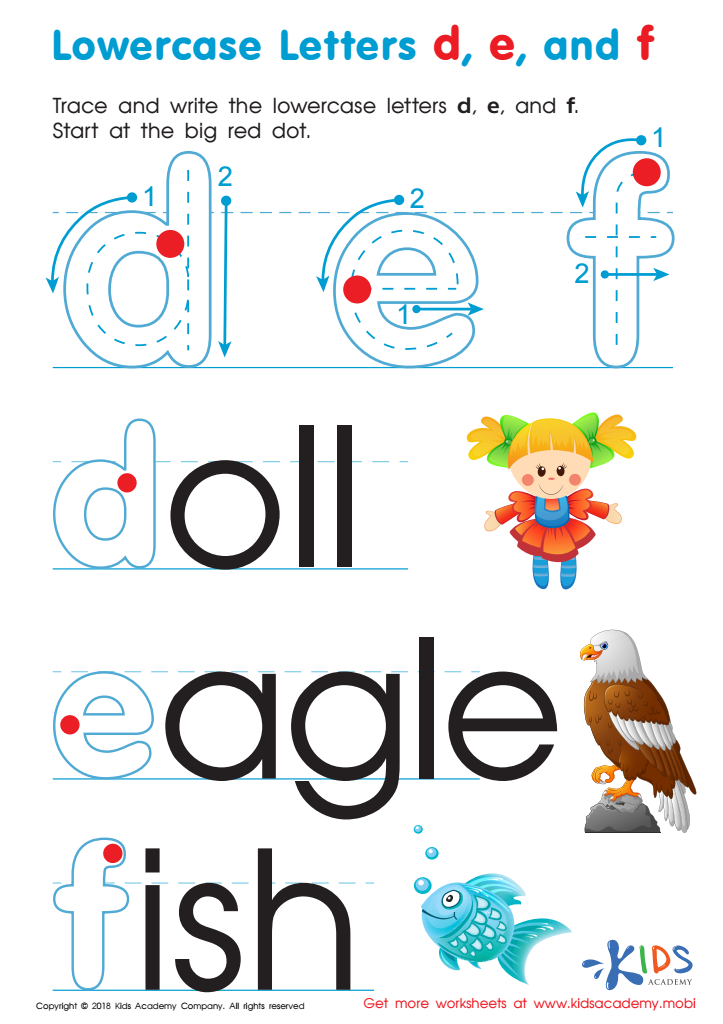

Lowercase Letters d e f Worksheet
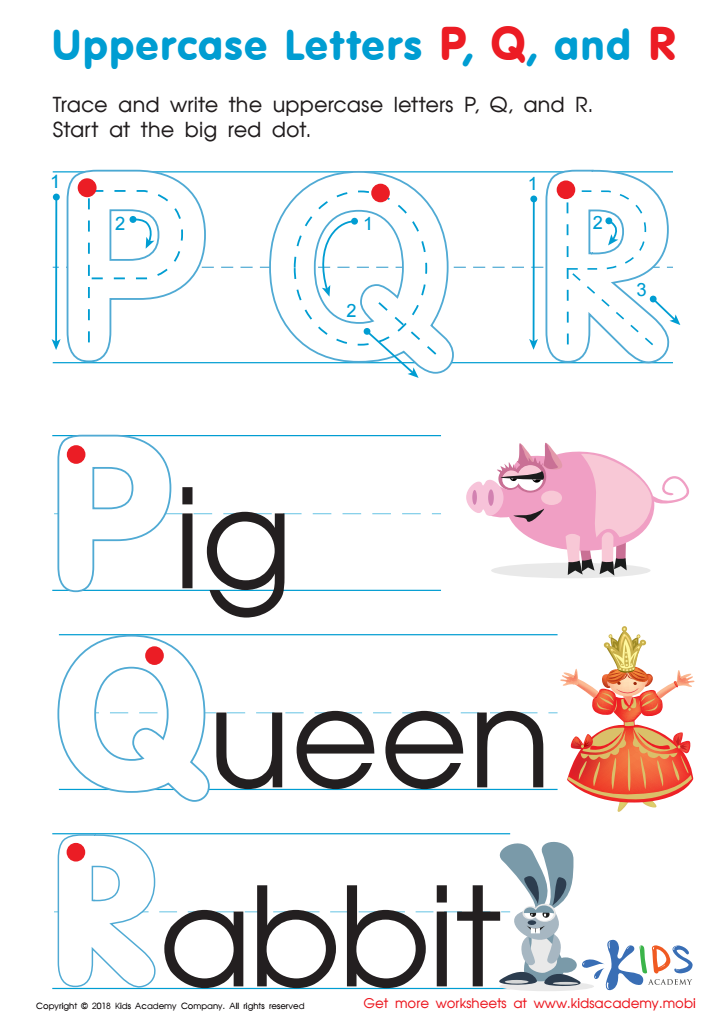

Uppercase Letters P, Q, and R Worksheet
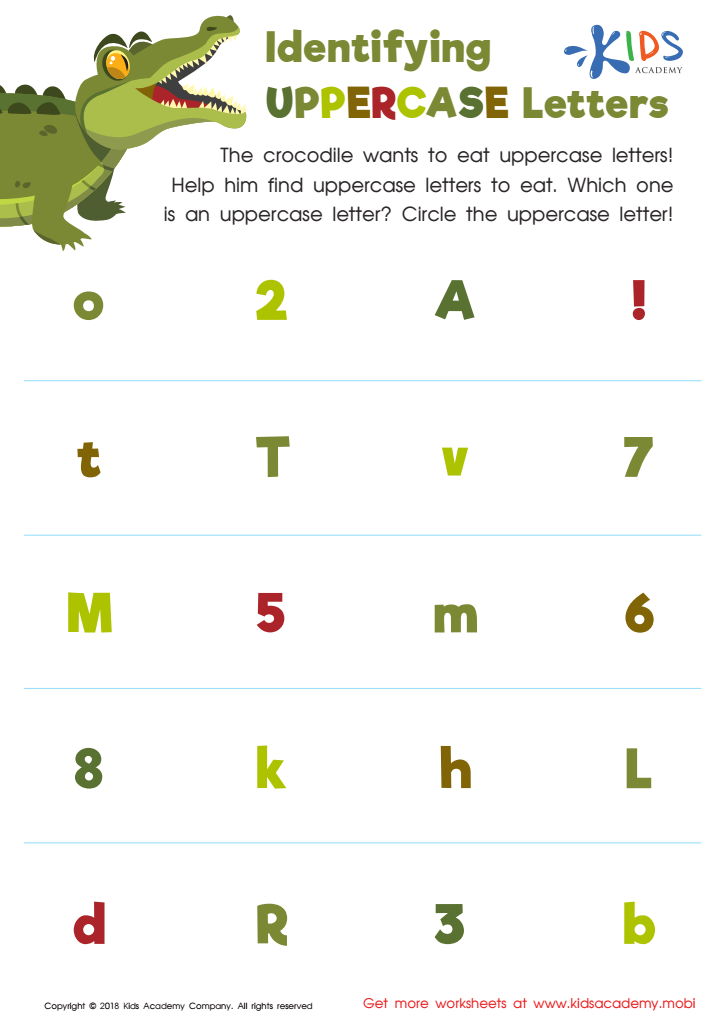

Identifying Uppercase Letters Worksheet
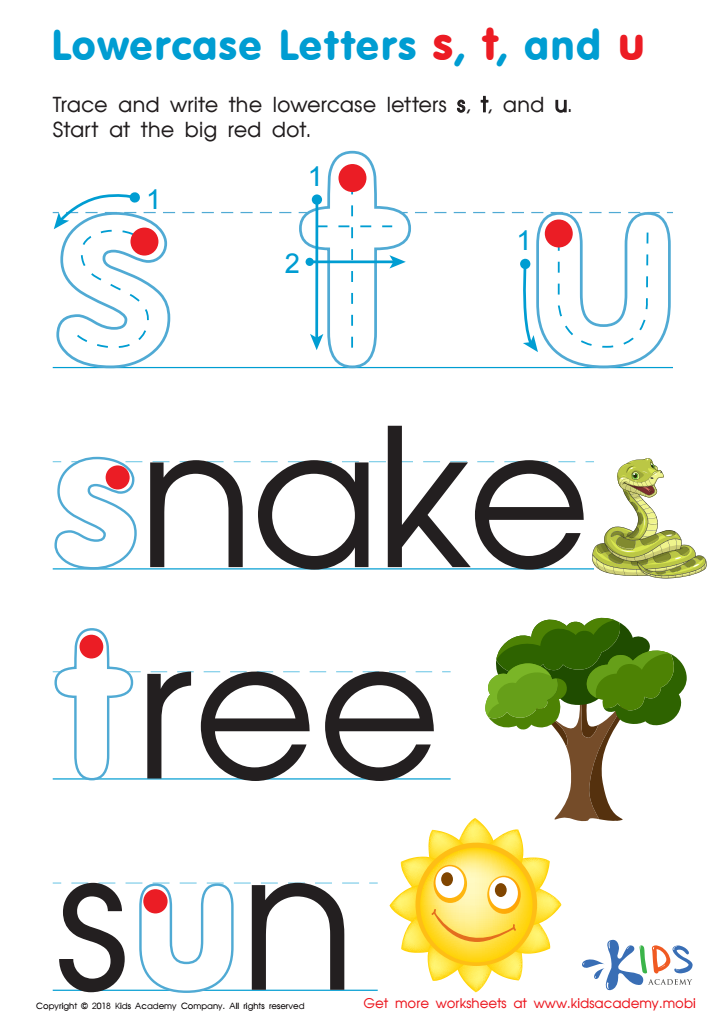

Lowercase Letters s t u Worksheet
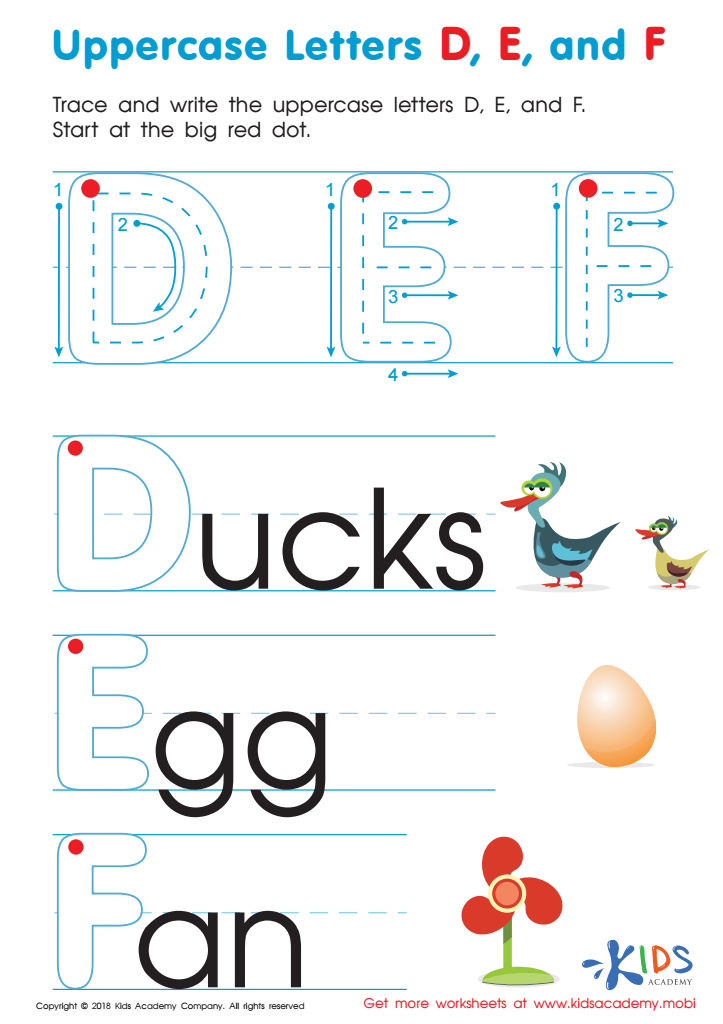

Uppercase Letters D, E, and F Worksheet
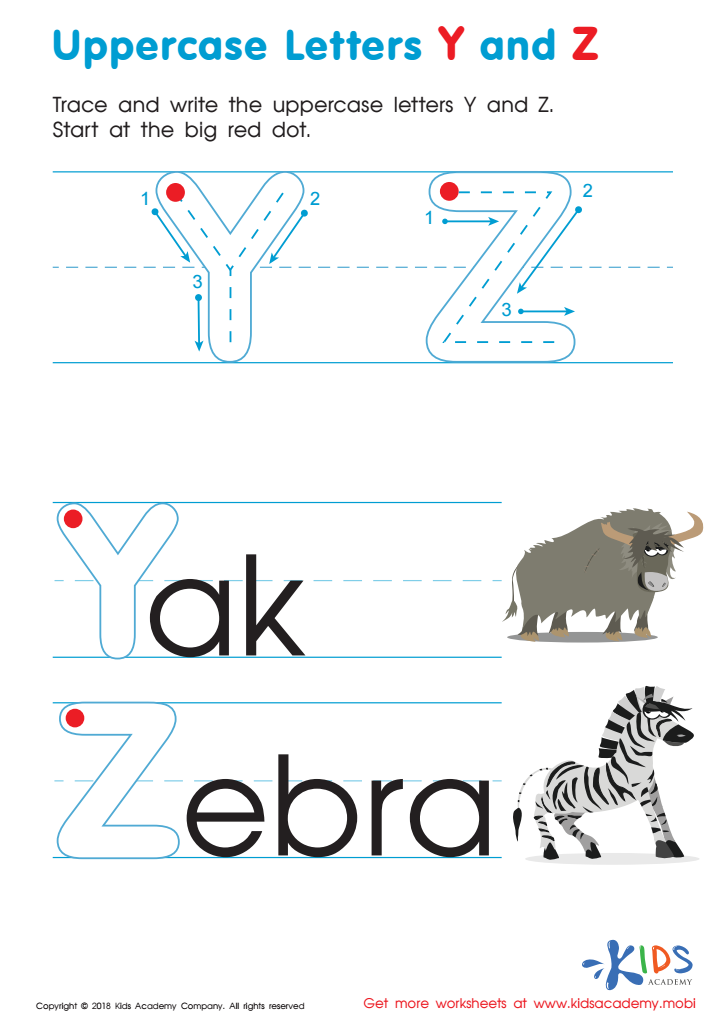

Uppercase Letters Y Z Worksheet
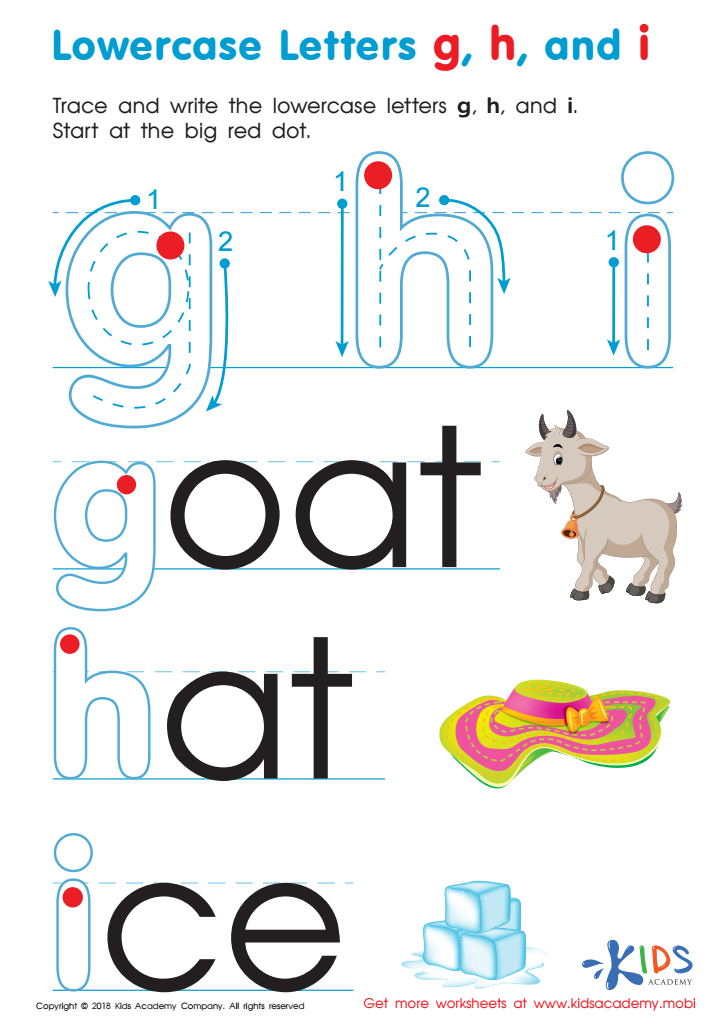

Lowercase Letters g h i Worksheet
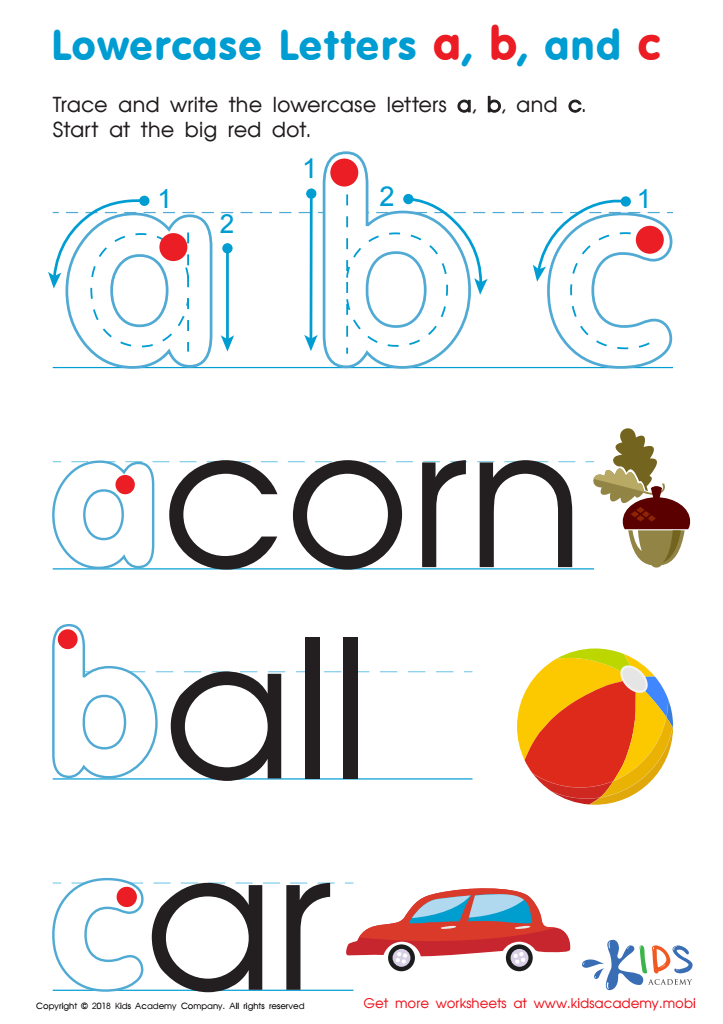

Lowercase Letters a b c Worksheet
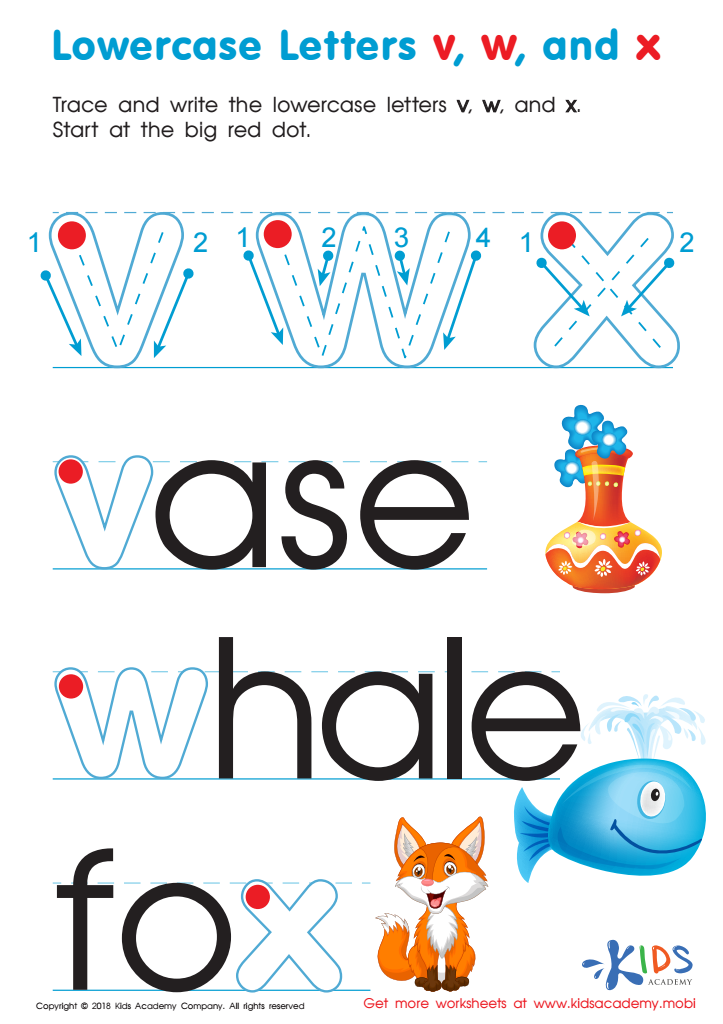

Lowercase Letters v w x Worksheet
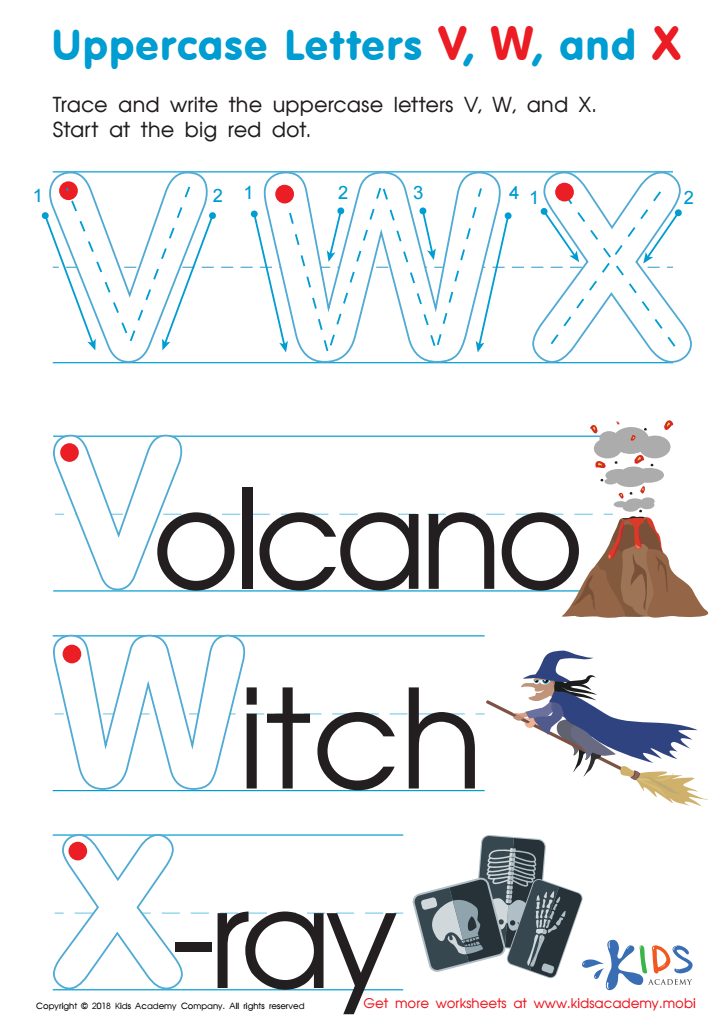

Uppercase Letters V, W, and X Worksheet
Alphabet recognition, encompassing both uppercase and lowercase letters, is a fundamental skill for young learners aged 4-6. Mastery of this skill is crucial as it serves as the foundation for future reading and writing abilities. When children can identify and differentiate letters, they become more proficient in phonics, which is essential for decoding words and developing literacy skills.
Teachers and parents play an essential role in nurturing this ability. Engaging children in activities that promote alphabet recognition can enhance their cognitive development and boost confidence in their language skills. Recognizing letters is not just about memorizing characters; it involves understanding their sounds and how they function within words. As children learn to identify and pronounce letters, they gain a foothold in the world of reading.
Moreover, early literacy skills pave the way for academic success. Children who are familiar with the alphabet are often more prepared for preschool and kindergarten, making the transition smoother and less intimidating. By prioritizing alphabet recognition, parents and teachers can foster a love for reading and support their child's overall growth in language comprehension, setting the stage for lifelong learning and communication skills. Ultimately, caring about alphabet recognition equips children for academic success and builds a strong language foundation.
 Assign to My Students
Assign to My Students
